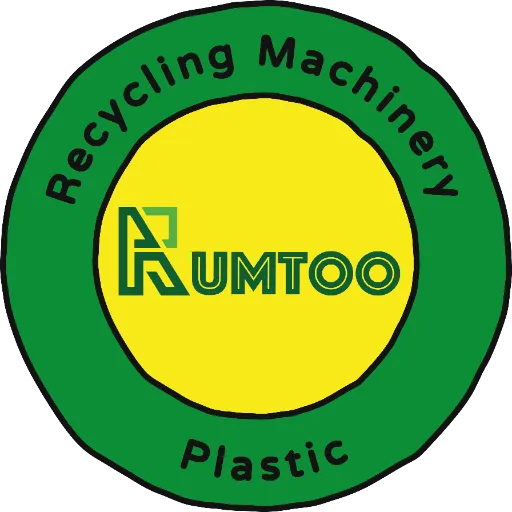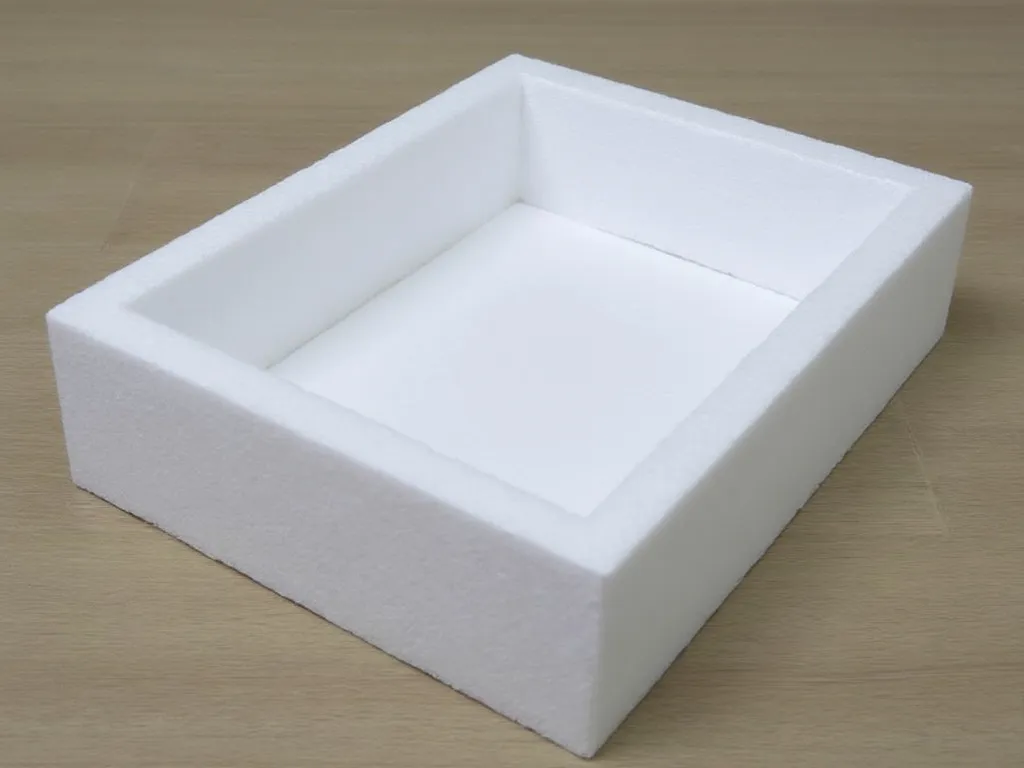Expanded polystyrene, commonly known as EPS, is a lightweight, rigid, plastic foam material derived from solid beads of polystyrene. Here are some key points about EPS:
1. Composition:
- EPS is made from the polymerization of styrene, a petroleum by-product. When these beads are expanded by heating with steam, they can increase in volume up to 40 times, forming a closed cellular structure.
2. Properties:
- Lightweight: EPS is 98% air, which makes it incredibly light yet surprisingly strong due to its rigid foam structure.
- Insulation: It has excellent thermal insulation properties, which is why it’s often used in coolers, building insulation, and disposable coffee cups.
- Shock Absorbency: EPS is used in packaging materials and bicycle helmets because it can absorb shock effectively.
- Moisture Resistance: It has a good level of resistance to moisture, although it’s not entirely waterproof.
3. Applications:
- Construction: As insulation in walls, roofs, and foundations. It’s known in this context often as “blue board” or “foam board.”
- Packaging: EPS is widely used for packaging electronics, appliances, and furniture due to its protective qualities.
- Food Service: Used in disposable cups, plates, and food containers, although this use has become controversial due to environmental concerns.
- Crafts and Design: Due to its ease of shaping, it’s used in architectural models, props, and art installations.
4. Environmental Impact:
- Recyclability: EPS can be recycled, but it’s not always economically viable or widely available in recycling programs.
- Biodegradability: EPS does not biodegrade quickly, leading to long-term environmental pollution if not disposed of properly. However, research into biodegradable alternatives or additives is ongoing.
- Sustainability: Efforts are being made to make EPS more sustainable through improved recycling processes and by developing methods to break it down more environmentally friendly.
5. Health and Safety:
- When burned, EPS can release toxic chemicals, so it must be handled with care in situations where combustion might occur. However, in normal usage, it’s considered safe.
6. Innovations:
- Recent developments might include more environmentally friendly versions of EPS, or alternatives like mushroom packaging (mycelium-based), which aim to offer similar benefits without the environmental drawbacks.

